
Pricked fingers and swabbed mouths were the norm yesterday as the Alpha Kappa Alpha Sorority celebrated World AIDS Day by hosting “Pink Goes Red” a free HIV testing event on campus.
The testing event comes after the chapter’s successful health disparities event last year.
“They (the university) let us do the testing but they would not allow us to hand out condoms. They said absolutely not,” said Isioma Nwabuzor, sorority president and a junior in the College of Arts & Sciences. “They acknowledged sexual activity takes place, but not that sexually transmitted diseases can be spread too.”
On campus, Student Health Services offers a STD testing service, but full-time undergraduates must pay $20 to get tested.
Sade Hood, sorority vice president and a junior in the College of Communication, said she did not know about the STD testing services prior to helping plan her organization’s own event.
“It makes sense, but how many students actually know that the university offers this kind of service?” Hood questioned.
The organization exceeded its goal of having at least 50 students tested, screening 75 individuals by the end of the seven-hour event. Two testing methods were used.
Depending on which testing area they were in, students received either the stat-pack test, a finger prick, or the Ora-Quick test where their mouths were swabbed. Those tested were presented with their results in less than 20 minutes.
Shoji Sanders, a sophomore in the College of Communication, said she does not like needles, but got tested anyway.
“It’s important because we’re always talking about how there are so many issues in the African-American community, but it starts with self-examination and me knowing my own status,” Sanders said.
However, being nervous about getting tested did not phase Pavelly Vallemovre, a volunteer health promotion outreach specialist with UMOS, a non-profit aimed toward helping Hispanic migrants in Wisconsin. He was one of the volunteers present to help with the HIV tests.
Vallemovre said people often do not adequately weigh the consequences of engaging in sexual intercourse, and that people aged 19-24 are the growing affected population.
“10 to 15 minutes of fun could last a lifetime,” Vallemovre said. “People have forgotten it’s out there. They are not taking the necessary steps to be safe.”
Courtney Sampson, a senior in the College of Communication, said various commercials on television and other information convinced her to get tested for the first time ever yesterday.
“It’s something people seem to disregard, it goes under the radar,” Sampson said. “Everyone knows there’s HIV, but they don’t actively seek to get tested.”
With 75 students tested, Hood hopes that the university will continue to see the importance of having these free HIV testing events on campus.
“The culture of the university seems to be changing, it seems more open-minded,” Hood said. “However, we’re hoping they see that it’s not just the (Alpha Kappa Alpha sisters), but also the student body that sees the need and importance of it.”
Story by Marissa Evans
Special to the Tribune


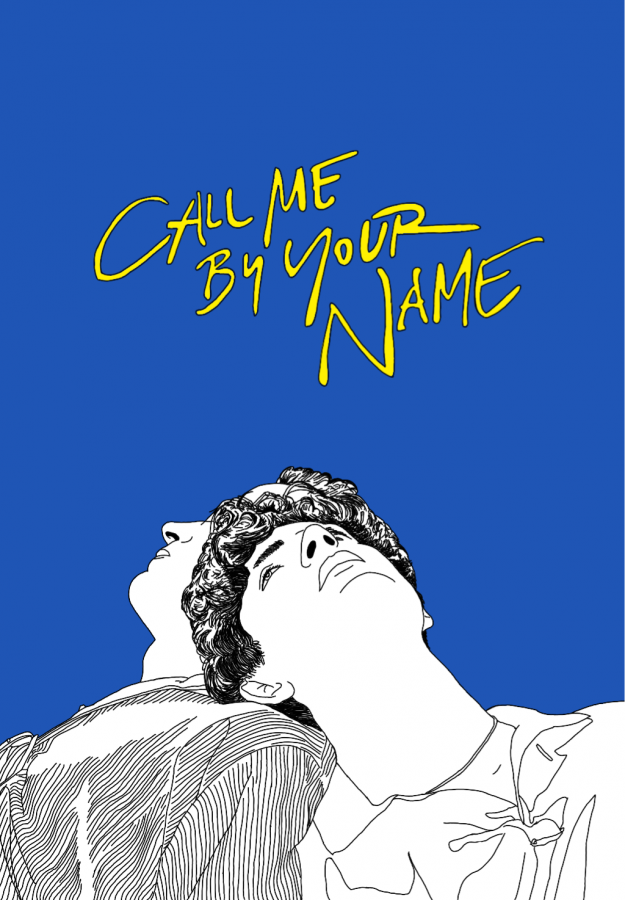
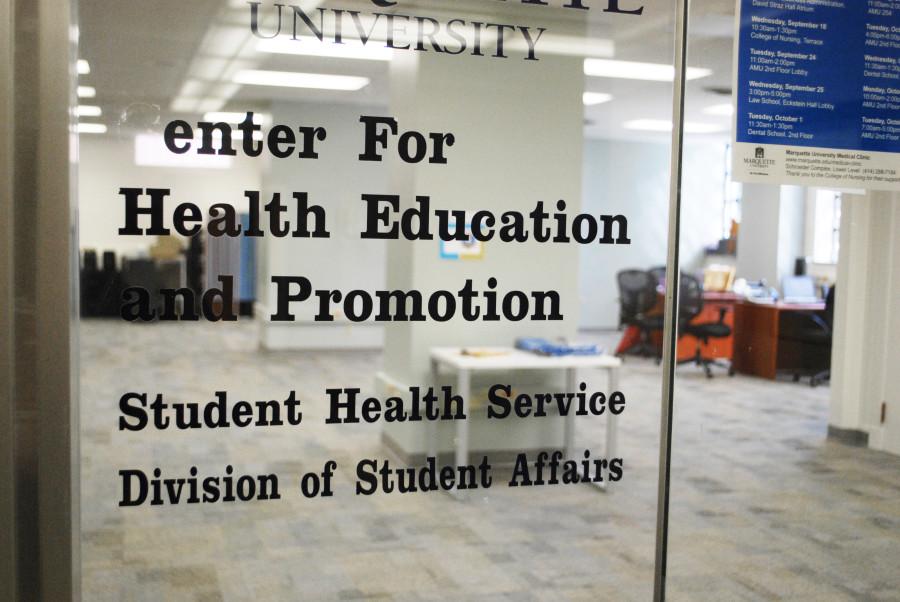
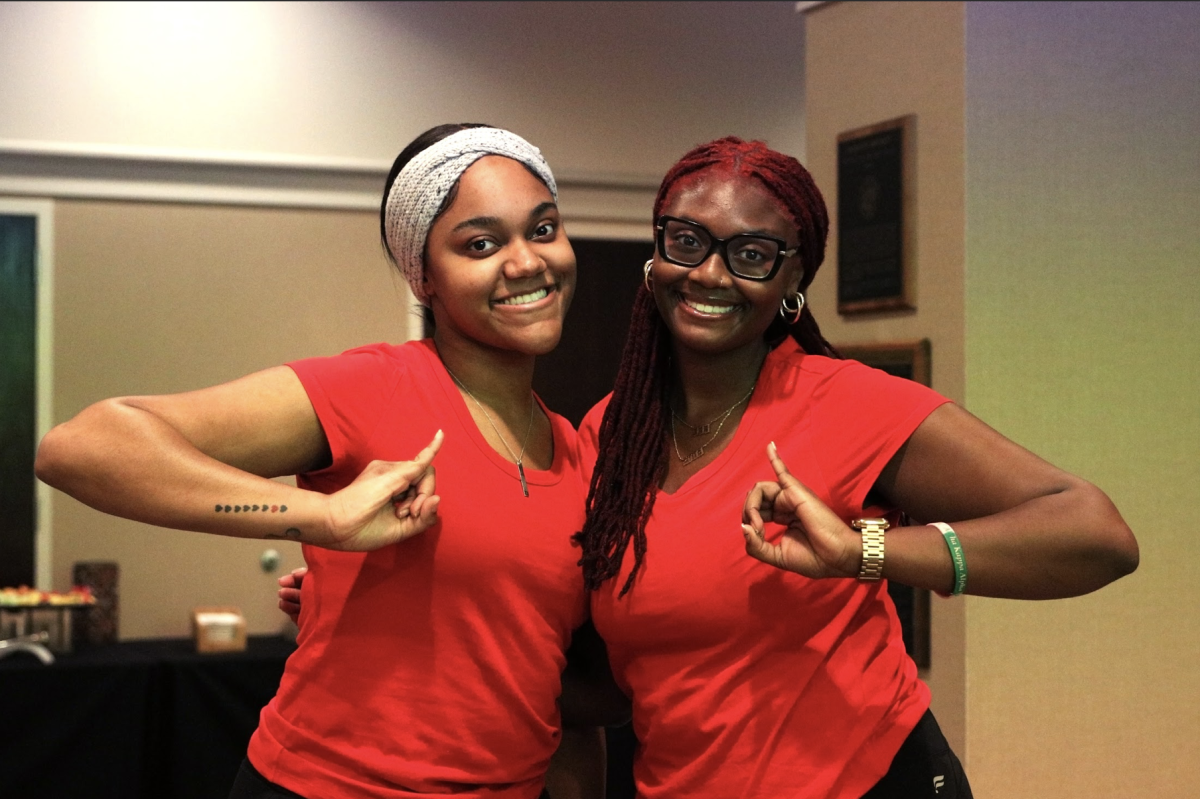
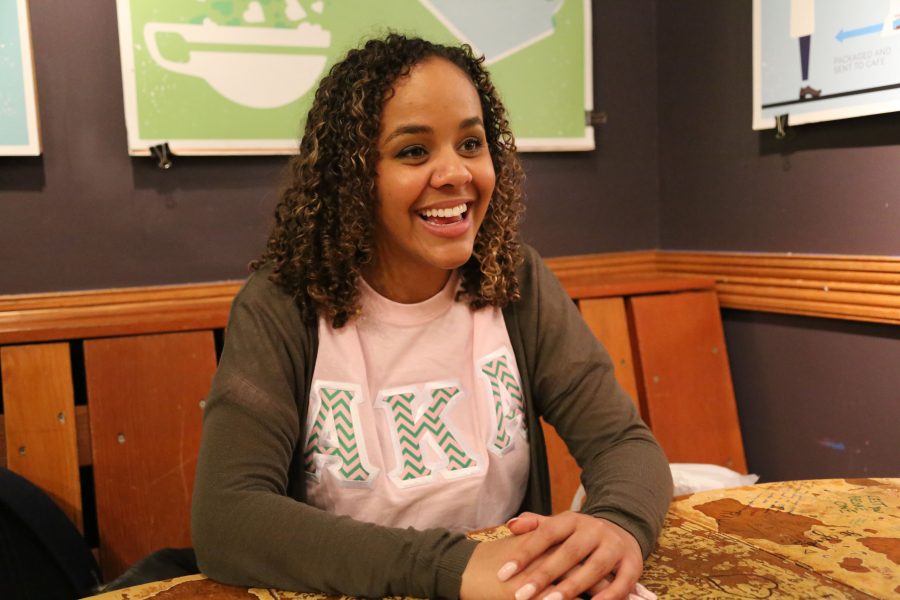
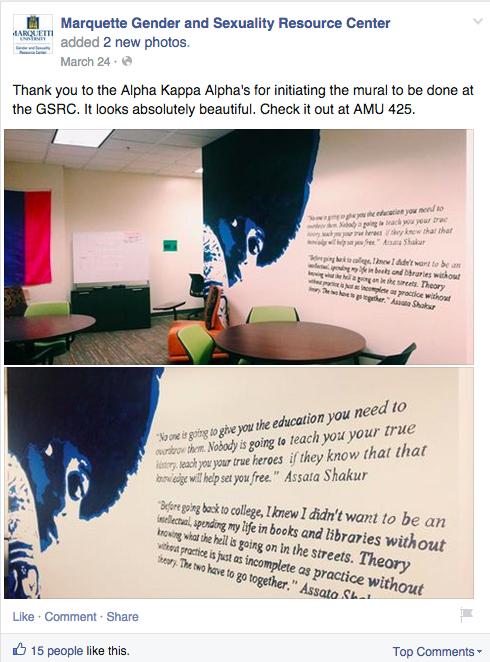
Pavelly Valle Moure • Dec 18, 2010 at 3:20 pm
Hello there!!!
I hope upon reciept of this email all of you at The Marquette Tribune are full of stories to print and making headlines! The following is in regards to your paper printed on 12/02/2010 page 6. I was the happy volunteer tester from UMOS. My last name was mispelled and my gender was inacurate “LOL” In the paper I was reffered to as “She” and my last name is “Valle Moure” not ” Vallemovre” I just wanted all of you wonderful students to know of this small error…HAPPY HOLIDAYS!!!!!
Sincerely,
Pavelly Valle Moure